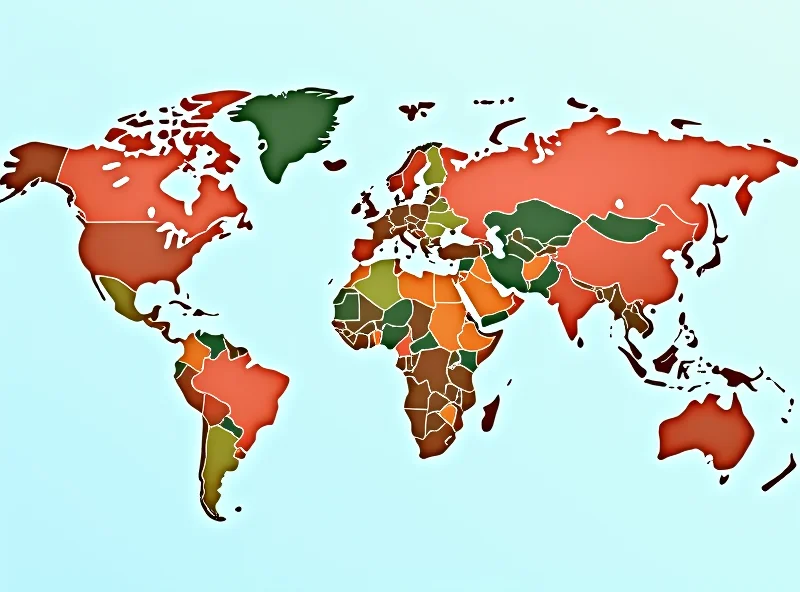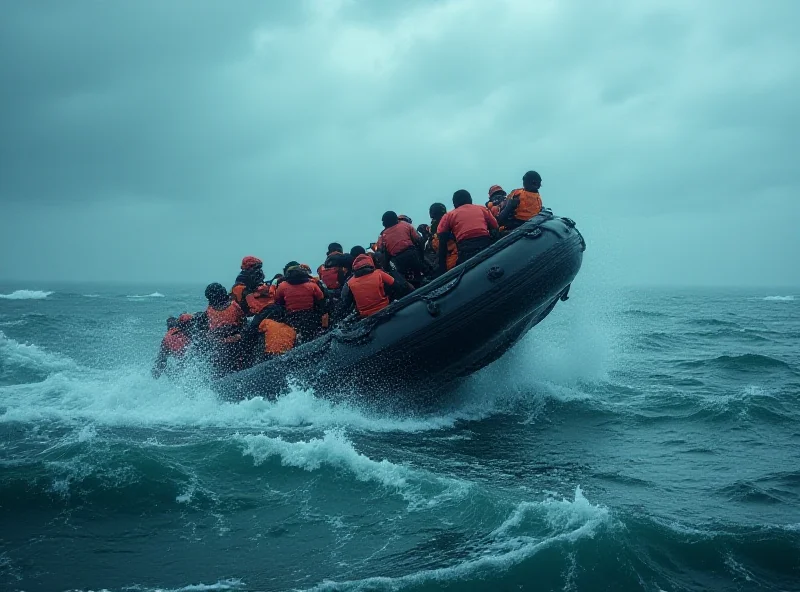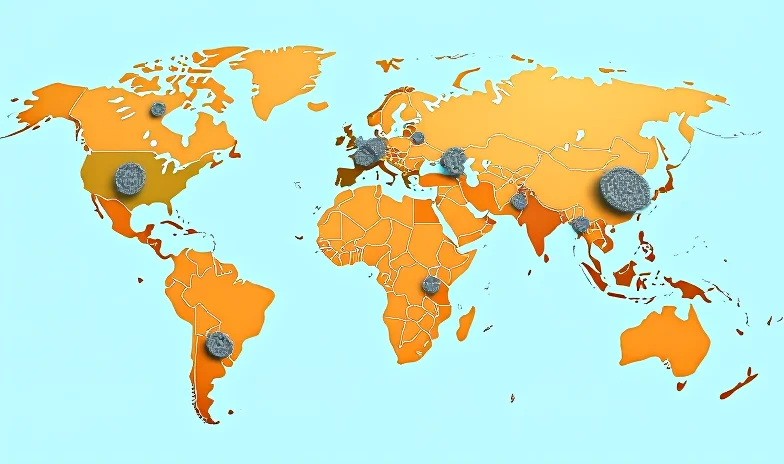The United Nations is currently navigating a complex landscape of international crises, from escalating tax disputes and a violent incident in South Sudan to a tragic migrant situation off the coasts of Yemen and Djibouti. These events highlight the diverse and challenging issues the organization is tasked with addressing.
Tax Reform Tensions Rise
Global tax reform efforts are facing headwinds, particularly with the potential return of Donald Trump to the US presidency. Trump's aggressive stance on taxing multinational corporations has drawn criticism, with some accusing him of undermining global fiscal cooperation. A proposed UN tax convention aims to address this by requiring multinationals to pay taxes where they generate economic activity, rather than shifting profits to tax havens. This could significantly impact companies like Amazon, Google, and Apple, potentially leading to fairer tax contributions globally.

“If multilateralism in taxation was already on shaky ground, Mr. Trump’s return could bury it for good,” warns one editorial. The stakes are high, with the global south bearing the brunt of corporate tax abuse, which undermines vital public services like health and education.
Deadly Attack in South Sudan
In South Sudan, a UN helicopter on a rescue mission was attacked in Upper Nile State, resulting in the deaths of a UN crew member and soldiers. The attack, which targeted the evacuation of national troops, has been strongly condemned by the United Nations Mission in South Sudan (UNMISS) and is being investigated as a potential war crime. This incident further escalates tensions in the region, particularly following recent arrests of senior officials linked to Vice President Riek Machar.

Migrant Tragedy at Sea
Tragedy struck off the coasts of Yemen and Djibouti as four boats carrying migrants from East Africa capsized. The UN reports that 186 people are missing and presumed dead, with only two crew members rescued. This devastating event underscores the perilous journeys many migrants undertake in search of a better life and highlights the urgent need for increased humanitarian efforts in the region.

In a separate development, Venezuelan President Maduro has called for a meeting with the President of Guyana, Irfaan Ali, while also derisively labeling him the "Caribbean Zelensky." This follows Guyana's decision to bring the dispute over the Essequibo region to the International Court of Justice after Venezuela announced plans for an election in the contested area. The situation remains tense and requires careful diplomatic attention.
These diverse crises place significant demands on the UN and its member states, requiring coordinated efforts to address complex political, humanitarian, and economic challenges.
